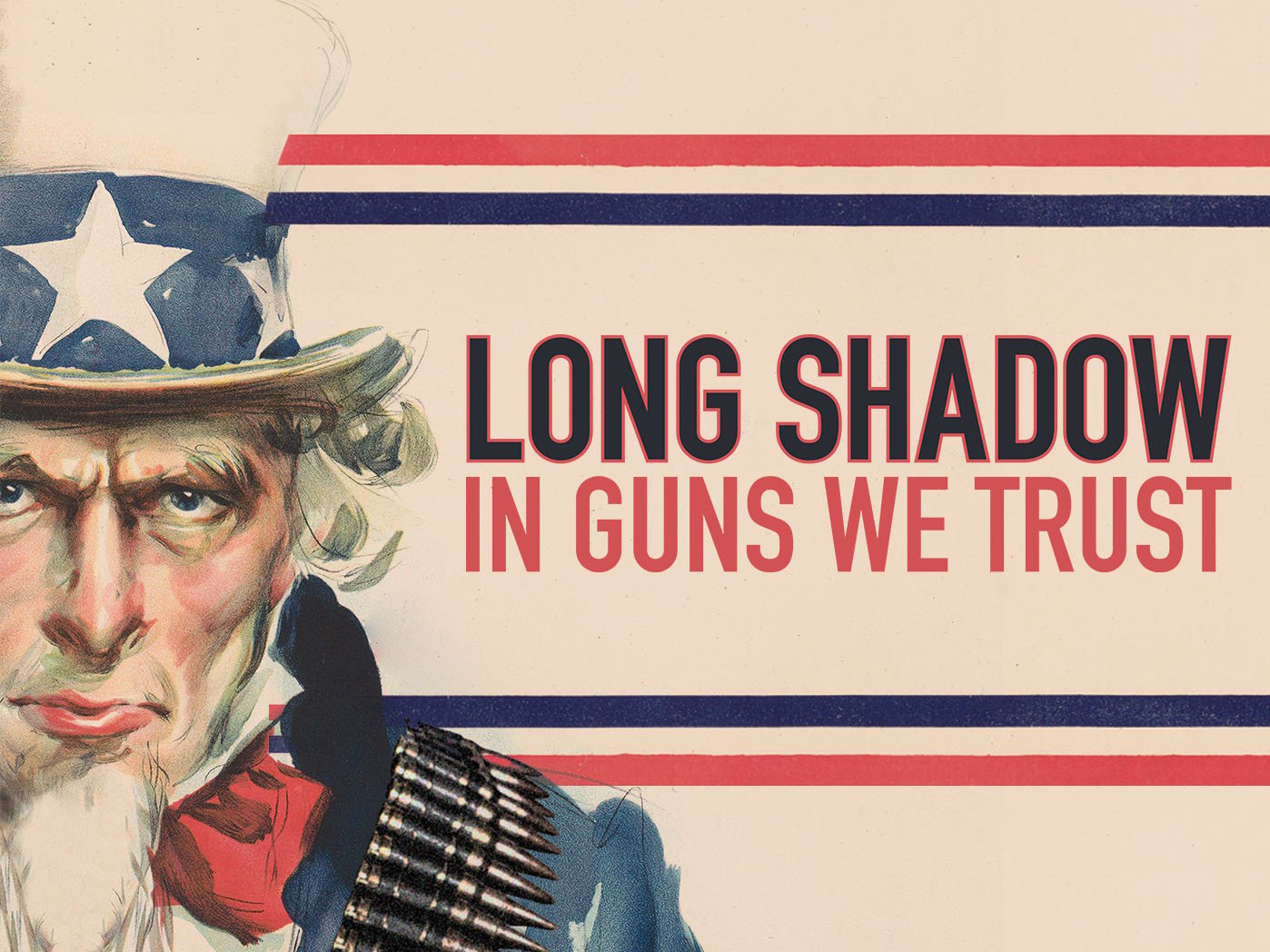Hello, readers. Lots of state legislative news for you today as lawmakers and governors push for (and against) reforms before their sessions close. Plus, a startling national trend points to the role of guns in an American public health crisis.
Receive this daily news briefing by email every morning. Sign up here.
WHAT TO KNOW TODAY
New Jersey is getting a bunch of new gun safety laws. The half-dozen measures enacted on Wednesday include an expansion of the state’s background check laws, prohibitions on ghost guns, limitations on magazine sizes, and a red flag law. The state already had some of the country’s toughest gun laws. New Jersey has been on the front lines of the gun reform debate since the 1990s, when lawmakers passed a groundbreaking assault weapons ban. Governor Phil Murphy has continued that trend, taking a number of executive actions on guns in his first few months in office. New Jersey is the sixth state to enact a red flag law since the Parkland shooting. At least seven states have similar bills filed in their legislatures. We’re keeping tabs on them here.
A red flag bill passed the New York Assembly. As the state’s legislative season winds down, Governor Andrew Cuomo has been rallying last-minute support for the bill, which would include school employees among those who can petition a judge for the temporary removal of firearms from the homes of children who they believe pose a risk to themselves or others. The National Rifle Association came out against Cuomo’s extreme-risk protection order bill this week. Cuomo took the group’s opposition as a sign of encouragement. “If the NRA hates this bill, then we must be doing something right,” he said. The legislation may have to get past Republican Senate Majority Leader John Flanagan, who could be a decisive vote. He accused Cuomo was using the legislation to drum up support for his own re-election campaign.
A judge ordered a last-minute block of a local assault weapons ban. The ban, which was passed by the Village Board in Deerfield, Illinois, in April, was set to take effect Wednesday. On Tuesday evening, a judge granted a temporary restraining order brought by gun rights advocates against the ban, ruling that the ordinance was pre-empted by state law and therefore unenforceable.
Delaware lawmakers are trying to save a bill to ban the sale of assault-style rifles. Last week, the bill failed in committee after a Republican senator refused to support it. On Wednesday, a group of Democrats joined the governor in calling for a vote on the bill in the full Senate.
The Orlando man who killed four children had a history of domestic violence. Police say the man pled no contest on charges of arson and battery in 2008 after attacking his former fiancee and setting the house on fire. He was on probation and prohibited from owning firearms because of a felony conviction resulting from the incident. But when his father died, he inherited an arsenal. On Monday, he shot a police officer and killed his girlfriend’s four young children before killing himself.
A 13-year-old who shot his 12-year-old sister was charged with reckless homicide. On Tuesday, the Tennessee boy unintentionally killed his sister with an unsecured gun he found in his mom’s car. It’s the second time in as many weeks that a teen was charged with reckless homicide in a sibling’s unintentional shooting death. On June 4, an Ohio boy was playing with his father’s illegally owned gun when it discharged, killing his 2-year-old brother.
A violent crime spree ended with a self-inflicted gunshot. The bloodshed began early Wednesday, when a woman was killed in an apartment building in Madison Township, Ohio, outside of Columbus. Police then located the gunman at a home in another town, where he had taken two women hostage. After a two-hour standoff, during which the gunman fired at least 10 rounds at police and killed an elderly woman, he turned over his second hostage to the police and then shot himself. Police say the man is in the hospital.
ONE LAST THING
Suicides by gun have steadily climbed, federal numbers show. Firearm suicides jumped 10 percent between 2012 and 2016, according to the Centers for Disease Control and Prevention, as part of a rise in suicides overall. While guns are not the most common means of suicide attempts, they are the most lethal, which is why many public health experts consider both gun regulation and safety education to be important parts of suicide prevention. A recent study found that Connecticut and Indiana saw suicide rates drop after they passed red flag laws, which allow police or family members of gun owners to petition a court to seize legally owned guns.


